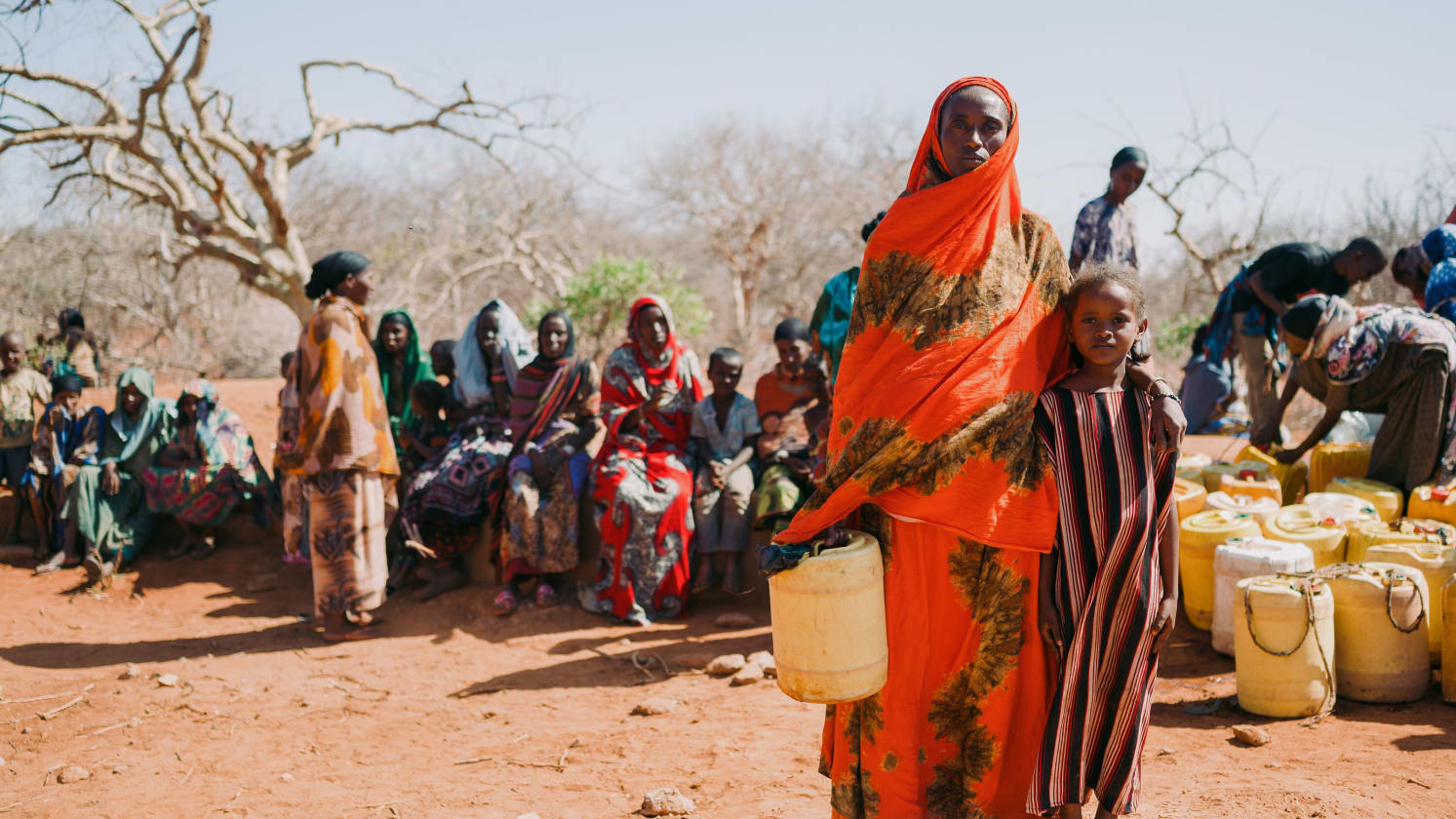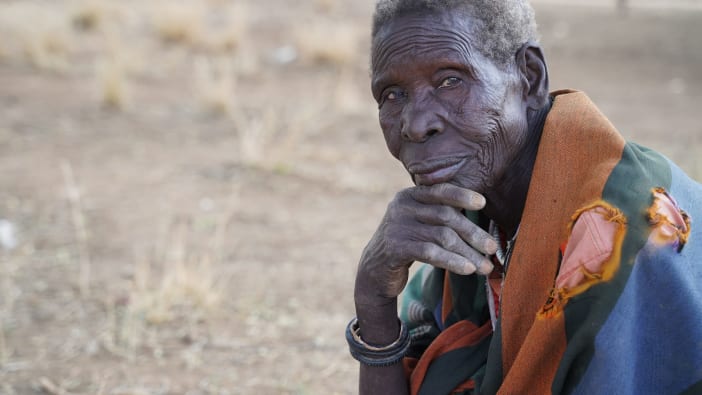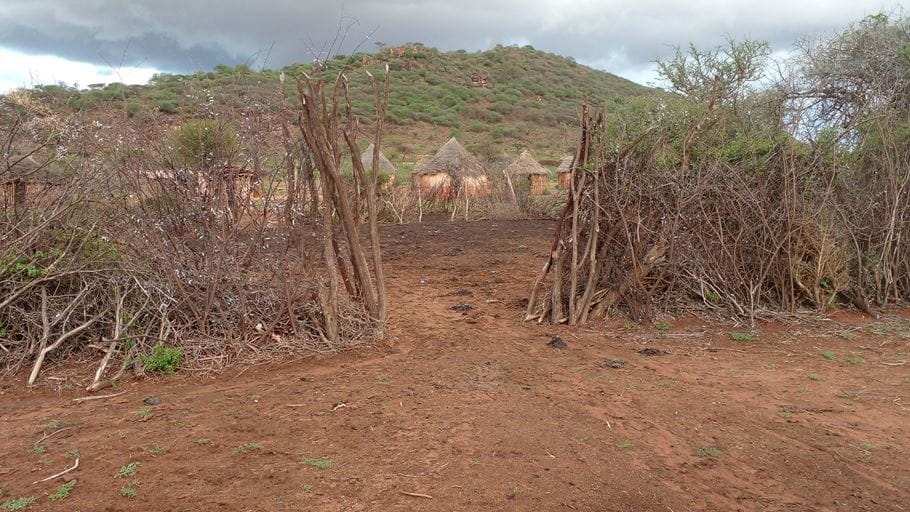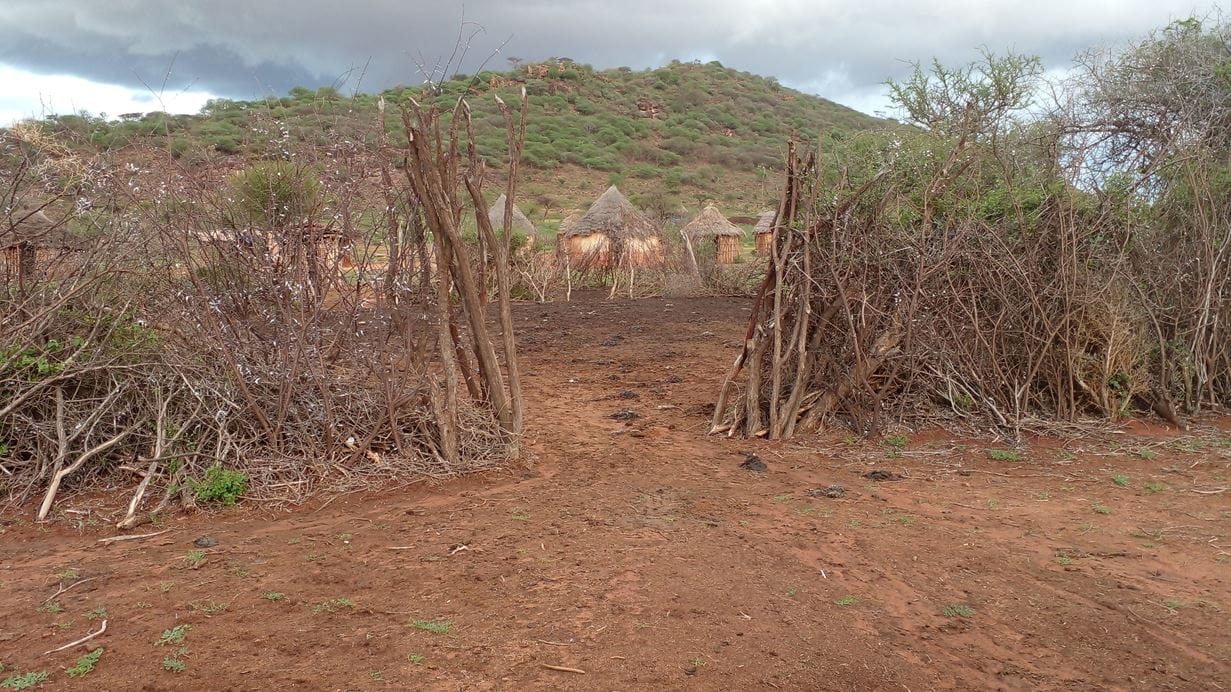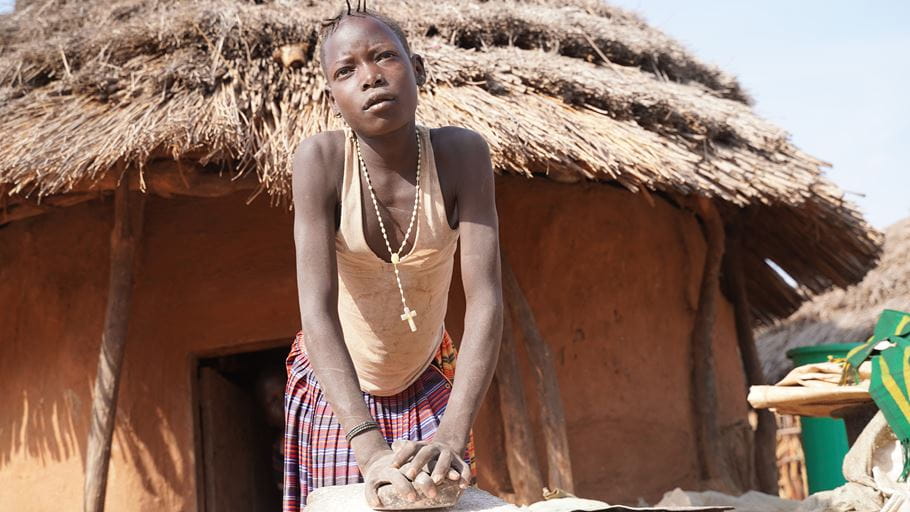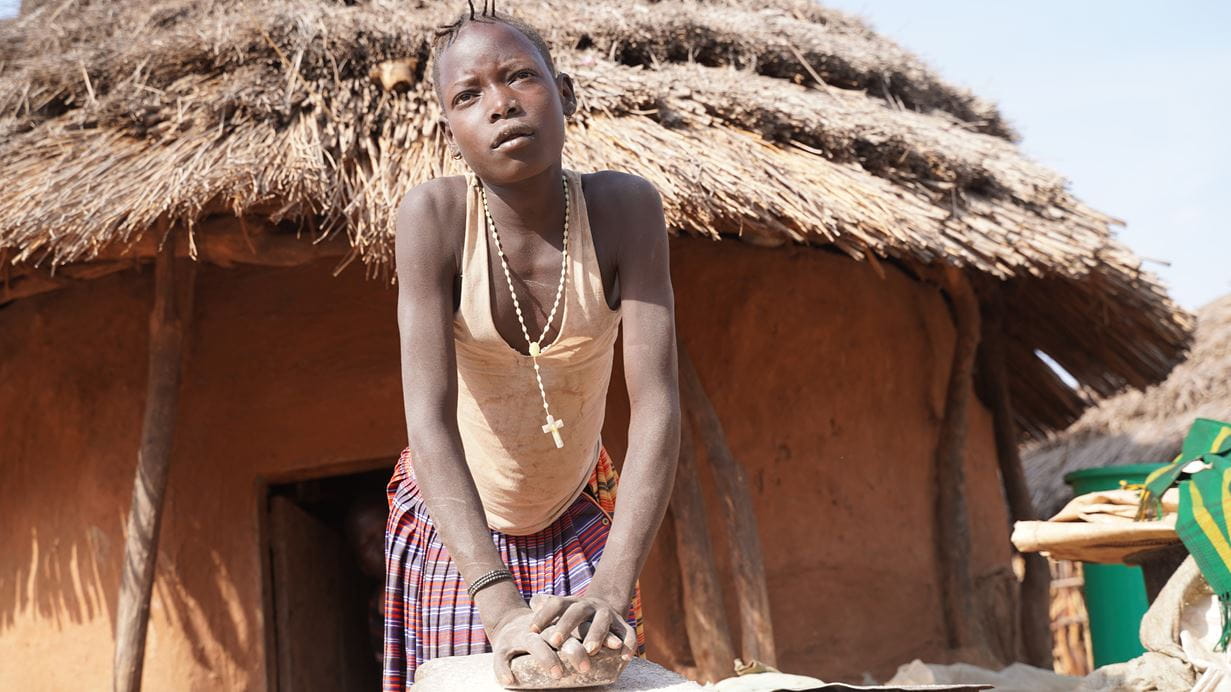‘The time to act is now’
More than 36 million people have been affected by the worst droughts East Africa has seen in forty years. Of those, more than 22 million do not have enough food to survive. Local conflict, combined with skyrocketing food prices, is making the situation even worse.
The climate crisis has changed weather patterns in the region. With five successive failed rainy seasons, and more on the way, food is scarce, harvests have withered away and livestocks have died. Lives have been lost and many more are at risk. Children are especially vulnerable.
In Marsabit, northern Kenya, 80 per cent of livestock have perished as a result of the drought. Lokhu, a mother of six, shares: 'Now our only option is to collect firewood and sell it in the town. I can no longer afford for my eldest to go to school.
'I lost all that I had before including the camels, the cows, the goats and the donkeys. The donkeys have died and so we can not use them to bring water from the borehole. Sometimes we go a week without water… Should it happen that the rains do not come, people will also die.'
Tearfund and our local church partners are on the ground now in Ethiopia, Kenya and Uganda to tackle the crisis.
Here is some of the life-saving work you’ll be supporting:
- Providing emergency food relief and cash grants to communities suffering from hunger.
- Building wells and solar-powered water pumps in drought-affected areas.
- Supporting people through self-help groups. In these groups, people are able to acquire land for tree planting and farming, access affordable loans, and build fuel-saving stoves.
- Supporting communities to understand climate change and adapt to its negative effects by investing in drought-resistant crops and finding new and sustainable forms of income.
- Training farmers with new techniques so that they can adapt to the changing weather patterns.
Resources are stretched like never before, and the crisis is growing every day.
Your support can make a crucial difference.


